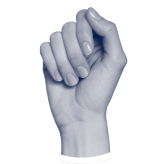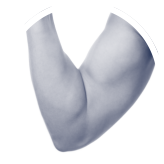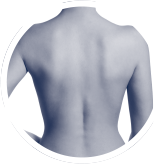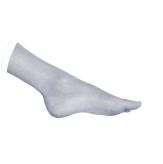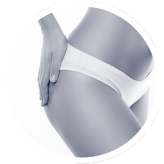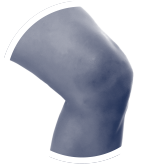
Ever stood in a really long queue and started to feel your legs or your back becoming sore? You may be concerned as you aren’t being physically active yet your body is aching. It’s a sensation that many of us feel and many simply ask: why does standing make you sorer than walking and can it cause long-term damage?
Simply put, when you are standing still you aren’t ‘standing still’. Our ears that keep us balanced through the muscles in our bodies. This means that to avoid keeling over on one side, our thigh, calves, buttocks, and back muscles are constantly moving – albeit in small amounts. This constant contraction of the muscles when we are standing start to cause us pain after some minutes/hours of standing.
Walking and other exercises use the muscles differently. When you are walking, you are using multiple muscles and spreading the stress among them – when you put weight on your left leg, your right leg will get a break.
Circulation can help too with easing the pain as walking increases your heart rate and pumps blood and fluids around the body – avoiding your fluids to pool in your feet and lower legs.
While standing in a queue for a long time once will unlikely incur any health issues, for workers whose job requires them to be standing it is a serious health issue.
What About the Long-Term Damage?
Over 7 million workers in Britain stand for longer than four hours or more each day. Day-to-day issues with this include pain and discomfort. However, long-term damage can occur. Over time, damage such as chronic back pain, chronic muscle damage and fatigue, bunions, corns and joint problems.
The most common issue with this is that many peoples’ bodies will experience the fatigue but will not be perceived by the individual – so individuals will not seek help when they need to.
This long-term damage does not only affect the individual, but also companies and society. Work-related musculoskeletal disorders have been increasing substantially in the past decades with the blame firmly placed due to the inactivity of a desk job. This ends up costing companies thousands of pounds in lost labour and sick pay. It also costs society in the form of treatments and welfare payments for the sufferer.
What Can Be Done To Prevent the Health Issues with Prolonged Standing?
Sitting and standing too much both pose a health risk so a healthy medium is needed. While it is unrealistic to take breaks every half an hour, try these to avoid symptoms caused by prolonged standing:
- Move your body as much as you can. Stretch, walk, shake your legs – whatever you can do. This will boost the circulation in your body and stop fluid and pressure forming in your lower body.
- Wear comfortable and properly-fitting shoes that support good posture.
- Ensure that your employer is enforcing the Workplace Regulations Act of 1992 which states: ‘A suitable seat shall be provided for each person in the workplace whose work includes an operation of a kind that the work (or a substantial part of it) can or must be done sitting.’
- If you’re feet, legs or back are sore at the end of a long day, use PRICE therapy to ease that pain.
Overall, your body will try and compensate the symptoms of prolonged standing. Next time you are in a long queue, look at the people in front of you – see that they’re moving from side-to-side, rotating their ankles or standing on one leg? That’s people listening to their body and taking their own advice to relieve the discomfort.


